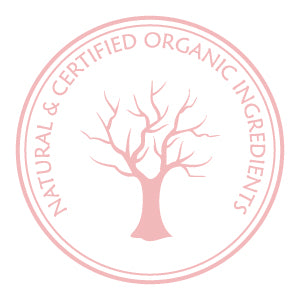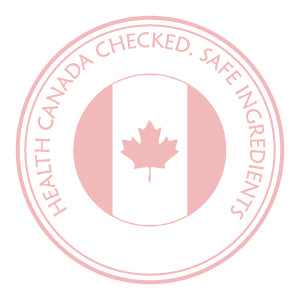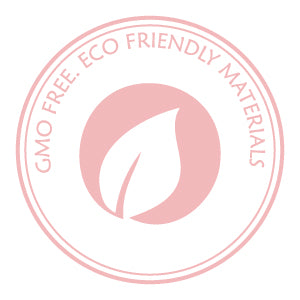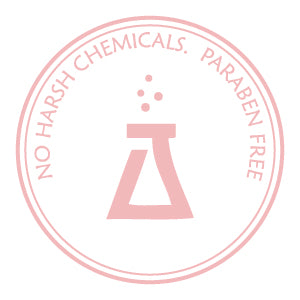How To Find The Right Facial Cleanser?
There may be slightly more to washing your face than you might think!
WHAT IS A FACIAL CLEANSER?
A good natural facial cleanser must be a staple in everyone's skin care daily routine. Its' purpose is to rid face of all the contaminants such as dirt, oils, and make-up. If used correctly, a face wash can also provide all the necessary exfoliating power needed to expose fresh skin and help it absorb the nutrients it needs.
FACIAL CLEANSER AND PH
Natural oils secreted by the skin, sebum, and sweat together create a protective layer called The Acid Mantle. It has a pH range of approximately 4.5 to 6.5, which is slightly acidic.
Facial cleanser needs to have a slightly elevated pH level in order to bind with oil-based dirt and remove it. You don't want your face wash to strip away the acid mantle completely but rather gently remove the dirt and bacteria that it contains.
The lower the pH, the milder the cleanser but it may not be very effective in removing dirt and bacteria. Cream-based cleansers not containing soap are suitable for very dry and sensitive skin as they have a lower pH and don't damage the acid mantle.
If the pH of the cleanser is too low, the cleansing properties will be minimized and the dirt that is supposed to be cleansed off your face will remain increasing your risk of developing acne. On the other hand, the higher the pH, the harsher the cleanser as it will bind with low pH acid mantle, remove it, and leave your skin dry. It is important to correctly match a cleanser with the right type of skin.
EXFOLIATING FACIAL CLEANSERS
Exfoliating facial cleansers may contain the now-banned micro beads or other types of abrasive materials. Avoid these face washes as skin rubbing may lead to minor scratches increasing the risk of acne and potential thickening of the skin, a condition called Hyperkeratosis.
A severe case of Hyperkeratosis would be callus formation where skin meets frequent friction. While callus formation is highly unlikely on the face, it serves as an example and demonstrates the mechanism of skin thickening. See the paragraph below for useful face exfoliating tips.
THE BEST WAY TO USE A CLEANSER
Facial cleansers should be used daily, in combination with a toner and moisturizer. For best results, cleanse after a warm steam treatment or shower, by applying a small amount of face cleanser on a soft cotton pad or wash cloth, gently massaging skin for a minute or two to exfoliate. With consistent use, that should be the only face exfoliation you will ever need.
FACIAL CLEANSER AND SKIN TYPE
DRY SKIN. If you have dry skin, use a mild natural facial cleanser containing mild detergents or soap-free cream cleansers to avoid excessive skin drying. You should immediately apply a moisturizer on damp skin in order to seal in the moisture in your skin.
OILY SKIN. If you have oily skin, you may need to use the facial cleanser a few types a day. However, don't forget to moisturize as oily skin may not always mean that your skin is well-hydrated.
COMBINATION SKIN. Combination skin may require a sort of spot cleaning to keep your skin happy, that is, evenly cleansed and hydrated. Massage the oily areas with diluted facial cleanser a bit longer than the dry ones or avoid rubbing dry skin areas altogether.
For a variety of cleaners for all types of skin, please check this page
https://www.eaune.com/collections/facial-cleansers
Happy washing!






